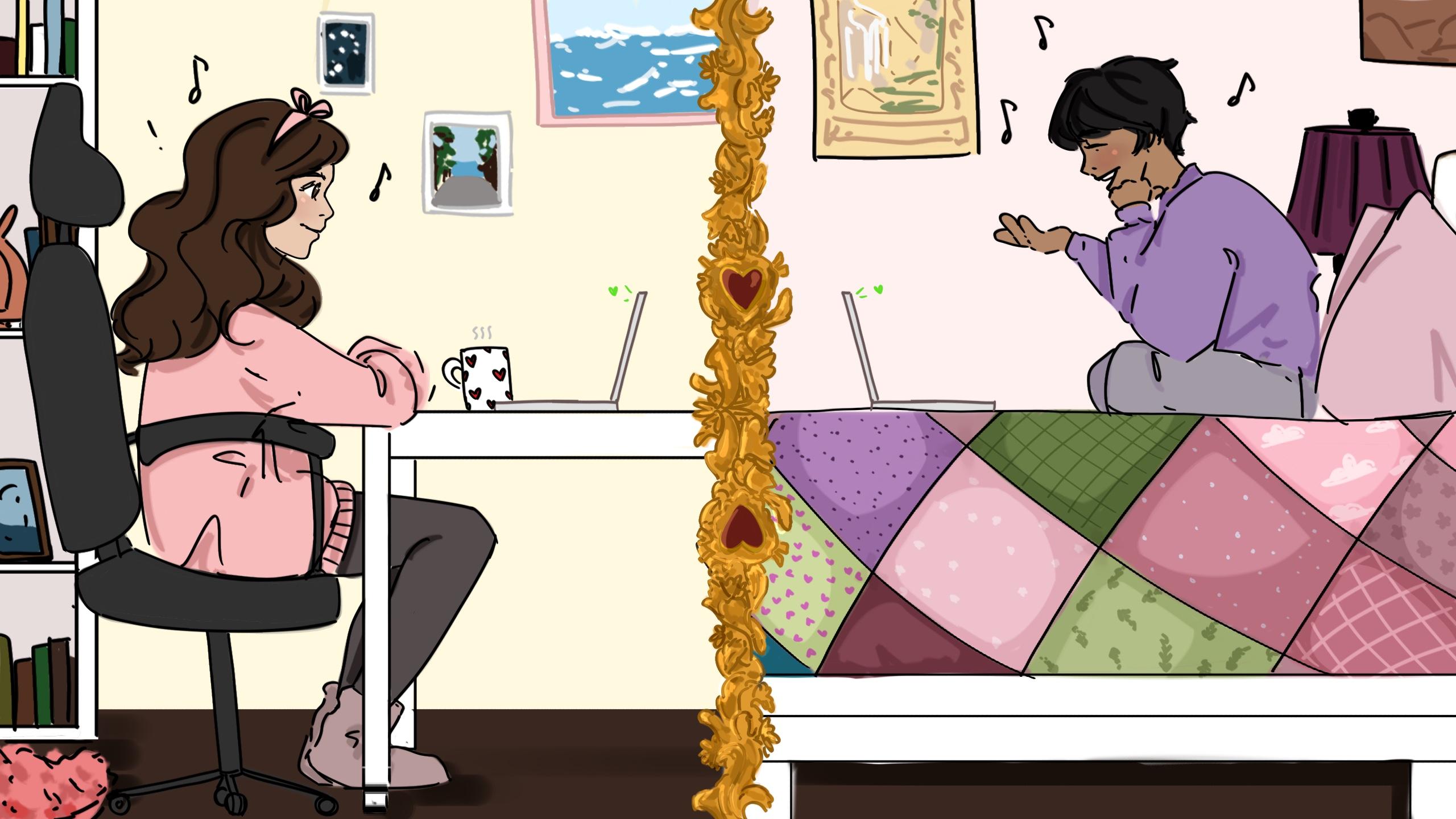By Prapti Bamaniya
Ryerson student groups are split on whether the transition into the emergency remote format in response to the COVID-19 pandemic negatively or positively impacted them.
As a small student group made up of about 30 people, Ryerson Model United Nations (RyeMUN) struggled to continue operating during the pandemic according to Pansy Lai, a third-year social work student and spokesperson for RyeMUN.
Plans to collaborate with Ryerson-based and external campus groups were scrapped during the pandemic because they were busy trying to maintain their status as an official student group. Between losing many executive members and filing important paperwork, RyeMUN needed to meet many requirements in order to keep its status.
According to the Ryerson Students’ Union’s (RSU) student group policy, a student group has to annually register a minimum of 20 group members’ signatures to qualify to be a student group. Official student group status gives clubs access to funding and other benefits, according to the policy.
“The pandemic just threw those plans out the window. The priority went from wanting to do external stuff to just survival,” said Lai. “We had to make sure that we were able to just function again and try to pivot onto an online system as quickly as we can.”
Although many classes have moved to a hybrid model, campus groups and course unions continue to operate primarily online.
Lai said the RSU should be doing more to help small campus groups stay afloat, such as being more transparent about what it needs in terms of paperwork and increasing meaningful communication.
“I will be very blunt on the [Student Group Committee]—we have gotten zero communication. We don’t have any idea of who even is on the committee and wish there was more transparency and clarity.”
When trying to find clarity on which student groups survived the pandemic, Lai said her only resource was the RSU’s student group website.
“Knowing what student groups exist is a major part of collaborating. What I found was outdated…we got so many emails back from the Google system that said, ‘This email does not exist anymore.’”
Lai said the only route was to use social media to see which student groups were still active, yet she found many accounts to be abandoned.
Early this November, The Eyeopener sent 73 emails to student groups listed on the RSU student groups website, of which 21 were either outdated or not in service.
“It’s been very much just trying to throw things up at the wall and trying to see if it sticks or not,” said Lai.
For the Ryerson Economics Management Association (REMA), collaboration was not an issue as a big student group with around 500 members. Giancarlo Rosa, the executive vice-president of the student group, said the REMA previously collaborated on events with the International Economics & Finance CU (IECON CU) before the pandemic and after the pandemic including in this school year.
“I feel like all these student groups are competing, trying to do the best that they could do,” said Rosa.
Rosa said it was easy to organize events with the RSU this year. “It was pretty much smooth sailing for us,” he said, especially because they had collaborated with multiple groups even before the pandemic.
REMA had more participants in online events rather than in-person, Rosa said. They will be continuing to do online events along with in-person events in the winter semester.
“I think finding a good balance is going to be key for the future,” said Rosa.
The Thaqalayn Muslim Association (TMA) has mostly been collaborating with TMAs at other universities, said co-president Fatema-Masuma Alidina.
TMA hosted one of their first in-person events in 2021 this October, inviting students from York University and the University of Toronto’s St. George, Mississauga and Scarborough campuses to distribute care packages to people experiencing homelessness near Ryerson’s campus.
Alidina said although the application and process for planning the event were lengthy, she appreciated the help of this year’s RSU with the event.
“They recognized that we needed some sort of security measures, so they got us in touch with the crime prevention team on campus.”
RyeMUN also hosted their annual conference in-person on Ryerson’s campus, inviting multiple universities to compete in debate topics on Nov. 16.
All three student groups—TSA, REMA and RyeMUN—said operating online has been vital throughout the pandemic, though they look forward to hosting more in-person events coming out of it.
New student groups conceived in the pandemic
The Ryerson Black Business Student Association (BBSA) and the Ryerson Gujarati Students Association (GSA) were both created last year during the pandemic.
“It was definitely difficult because once I actually got the student group approved, I had to find people to join and obviously, it’s hard to do so online,” said Ritika Masand, president of the GSA.
Mohommad Badawy, president of the BBSA, said he felt the same. “I would say that the amount of work that goes into building a new student group is underplayed.”
But both groups said that through collaborations they have broadened their audience, and the accessibility of online events has increased attendees at events.
Badawy said through his experience participating in student groups, the culture has changed from competition into collaboration.
“It was like every student for themselves, but looking at it now…It’s a lot more working together,” he said. “I see the culture being a lot more collaborative, which is honestly amazing.”













Leave a Reply